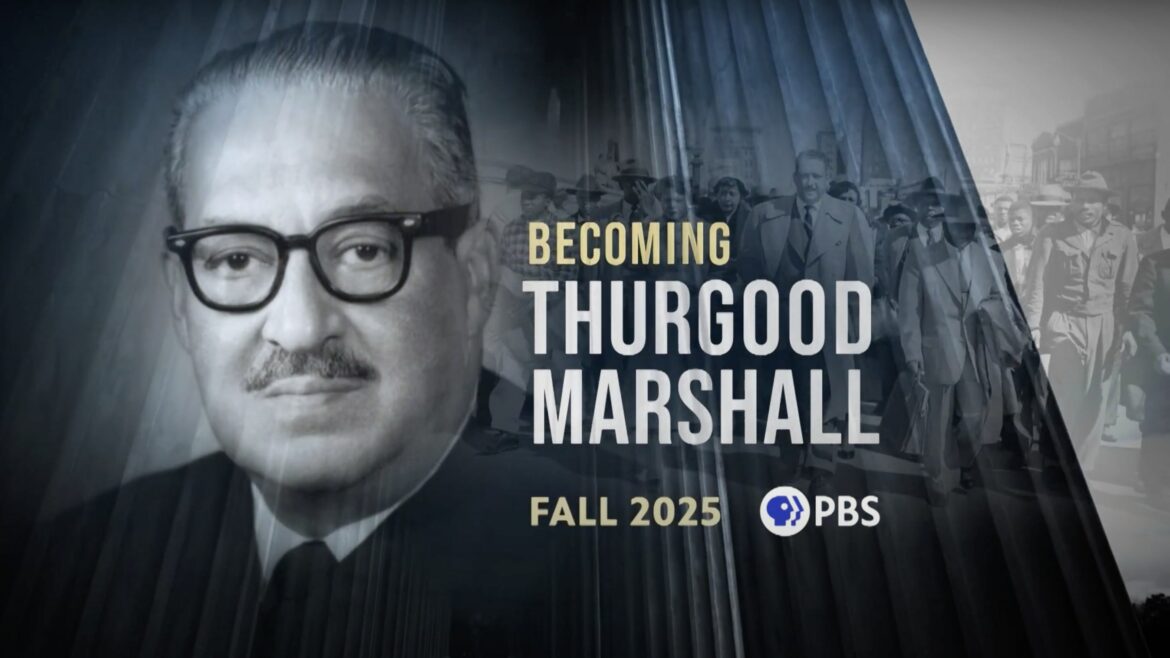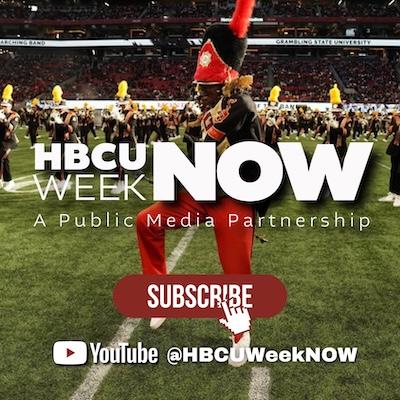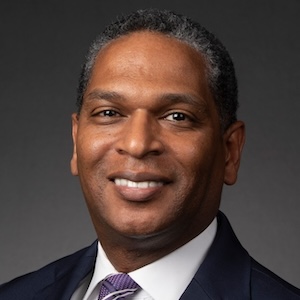HBCU Week initiative receives $1.2M from CPB, plans local programming around 2025 Thurgood Marshall doc

Maryland Public Television
For the second consecutive year, CPB has announced grants to support the HBCU Week programming initiative led by Maryland Public Television.

The corporation is providing $1.2 million for HBCU Week programs over the next two years. About half of the money will support the production of 24 short films relating to historically Black colleges and universities. The shorts will be published on the HBCU Week NOW YouTube channel, which at the time of this article’s publishing has nearly 10,000 subscribers.
The first six shorts will begin premiering in mid-September to coincide with the 2024 Annual National HBCU Week Conference. World, a multicast channel, will broadcast these shorts nationally in February as part of Black History Month and plans to air other programs from the initiative this year.
MPT’s project, which is in its fifth year, grew out of the statewide network’s regional HBCU Week celebration. The initiative has been supported by MPT’s Center for Maryland History Films and Morgan State University, a public HBCU in Baltimore. Last year, CPB distributed $271,000 in pilot grants for the initiative.
“CPB’s support for expanding HBCU Week NOW is an investment in the future of our students, empowering communities and ensuring that the rich history and legacy of these colleges and universities continue to inspire and uplift generations to come,” said CPB Pat Harrison in a news release.
“We applaud MPT’s unwavering dedication to highlighting our HBCUs each year with its substantive programming for HBCU Week,” said David Wilson, president of Morgan State University. “This unique media event wholly celebrates our Black colleges’ and universities’ historical importance and modern relevance.”
Last year, the four participating stations for HBCU Week were MPT, PBS North Carolina, Louisiana Public Broadcasting and WHUT in Washington, D.C. Two additional stations joined this year: WABE in Atlanta and South Carolina ETV. Two more stations will join the initiative this winter.
In total, the grants will enable about 22 stations to participate in the initiative. The goal is to have stations cover every local HBCU market.
MPT SVP and CCO Travis Mitchell, who leads the initiative, said the new funding will support the production of community engagement events led by partner stations in their local markets, marketing and promotion for the short films on YouTube and more events on HBCU campuses.
“The key here is that the PBS stations are also working in concert with their local HBCUs to tell these stories,” he said, adding that the initiative balances the national appeal of HBCUs with “a commitment to tell local stories.”

Mitchell said the program launched with the support of MPT CEO Larry Unger, who thought the station had an opportunity to build on its relationships with six local HBCUs: Bowie State University, Coppin State University, Howard University, Morgan State University, the University of the District of Columbia and the University of Maryland Eastern Shore.
As part of HBCU Week this year, Black Public Media is helping develop a student film festival, another way to engage constituents at the schools. Mitchell said a goal is to “bring quality younger producers into the PBS system,” showcase their work and provide feedback and training on their projects.
MPT is also creating HBCU-themed programming centered around Becoming Thurgood, which focuses on Supreme Court justice Thurgood Marshall and is directed by Alexis Aggrey. Aggrey, a graduate of HBCU Norfolk State University in Virginia, was a coordinating producer and director of marketing and engagement for Black Public Media. The film credits Mitchell and Stanley Nelson as co-EPs, and Mitchell is working on getting the film a national premiere on PBS in the fall 2025.
Mitchell described the HBCU Week initiative as personal. Both of his parents went to Shaw University, an HBCU in Raleigh, N.C., and he grew up watching WUNC in Chapel Hill. He received his bachelor’s degree from Morgan State and has certifications from Clark Atlanta University.
“There’s a whole generation of students like me who learned to read and write and were educated by free public media,” he said. “From personal experience, I can tell you this: No PBS, no Shaw University, no Morgan State University, no me.”






